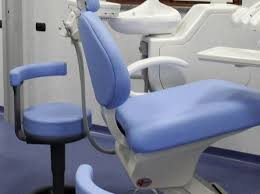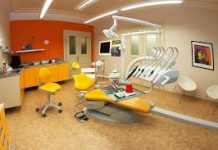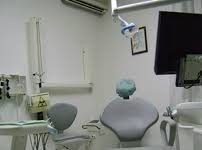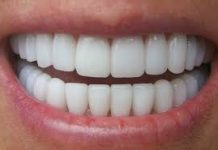Dental implants. Dental clinics.
Implant dentistry is the branch of dentistry that is specifically dedicated to dental implants.
A dental implant (or fixture) is an artificial component which is attached to the jaw bone in order to support a dental prothesis, such as a crown or a bridge or denture, or to act as an orthodontic anchor.
The person’s health is very important for an implant to be successful; some kinds of drugs too can affect the chances of the success of the implant by compromising the health of the tissues inside the mouth.
Another element that needs to be carefully evaluated is the amount of stress that will be put on the implant once it is installed. The position and the number of implants are extremely important and need to be planned with the utmost care.
Tooth implant. Solutions.
The prosthetic (such as a crown or a bridge) is either fixed, meaning that it cannot be removed from the mouth, or removable, in which case it can be removed. For both cases, an abutement is attached to the implant: the prosthetic will then be attached to said abutement with either screws or dental cement.
Dental implant procedure.
It can be useful to have your prosthetics removable, since it provides much more comfort should the need arise to remove them for whatever reason. In fact, while an implant can potentially last a lifetime, prosthetics such as crowns and bridges sometimes need to be replaced with new ones.
Implant dentistry. Risks.
There are a few possible risks and complications related to implant dentistry, and they can be of three kinds.
First, those that occur during the surgery: there can be excessive bleeding and even nerve injury, although these risks are usually not so frequent.
Secondly, there can be complications during the first six months, such as infection or a failure in the integration between the jaw bone and the implant.
Thirdly, there can be long-term complications: these are mainly due to mechanical failures of the implant and prosthetics that may occur with time and use.
However, when the tissues are healthy and the implant is successful, it can have a survival rate of 5 years in 93-98% if the cases.





